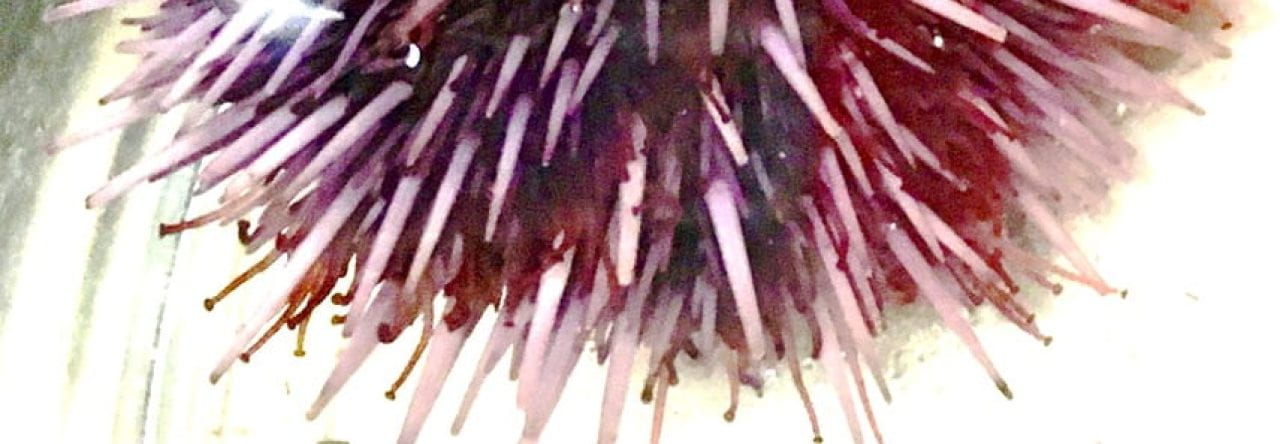Vasa protein effect on localized translation and its impact on cell fate determination.
Localized translation is a critical molecular mechanism that cells use to ensure protein synthesis is spatially and temporally regulated. It allows cells to conserve resources and promote rapid responses to changing conditions. However, there is a shortage of mechanistic studies on localized translation and it is unclear how this level of regulation influences the molecular milieu of cells undergoing specification and fate changes. The RNA-binding protein, Vasa (a.k.a. DDX4 in humans), is best known as a germ line factor, but is also important for regulating cellular plasticity, specification, and proliferation in embryonic and regenerating cells and has been associated with several types of human cancers. Vasa has been shown to be dynamically, sub-cellularly localized in sea urchin embryonic cells and knock-down of Vasa results in an ~80% reduction in global protein synthesis, suggesting that Vasa may be a broad regulator of localized translation. We are using both sea urchin embryos and human cancer cells to investigate Vasa's mRNA targeting mechanism and reveal how this conserved protein regulates cell fate.
